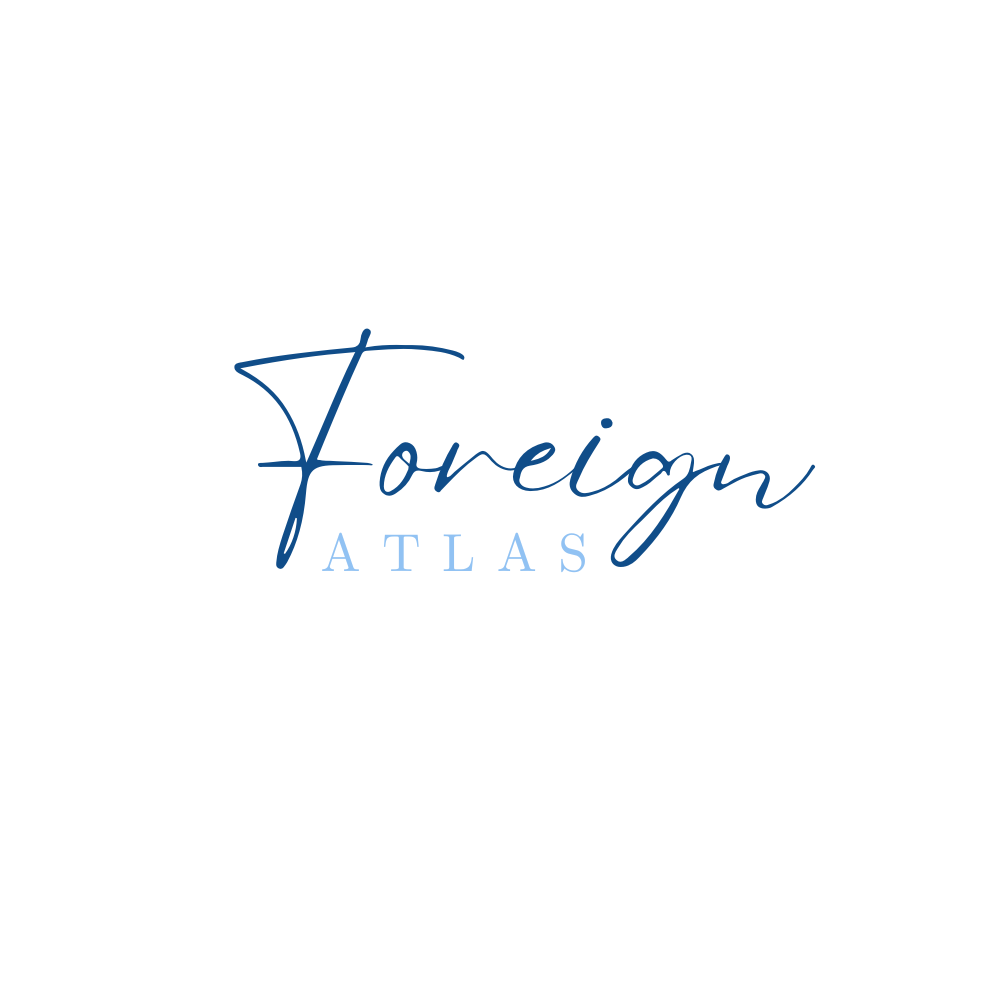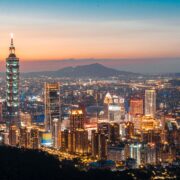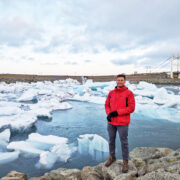How to book a quick getaway
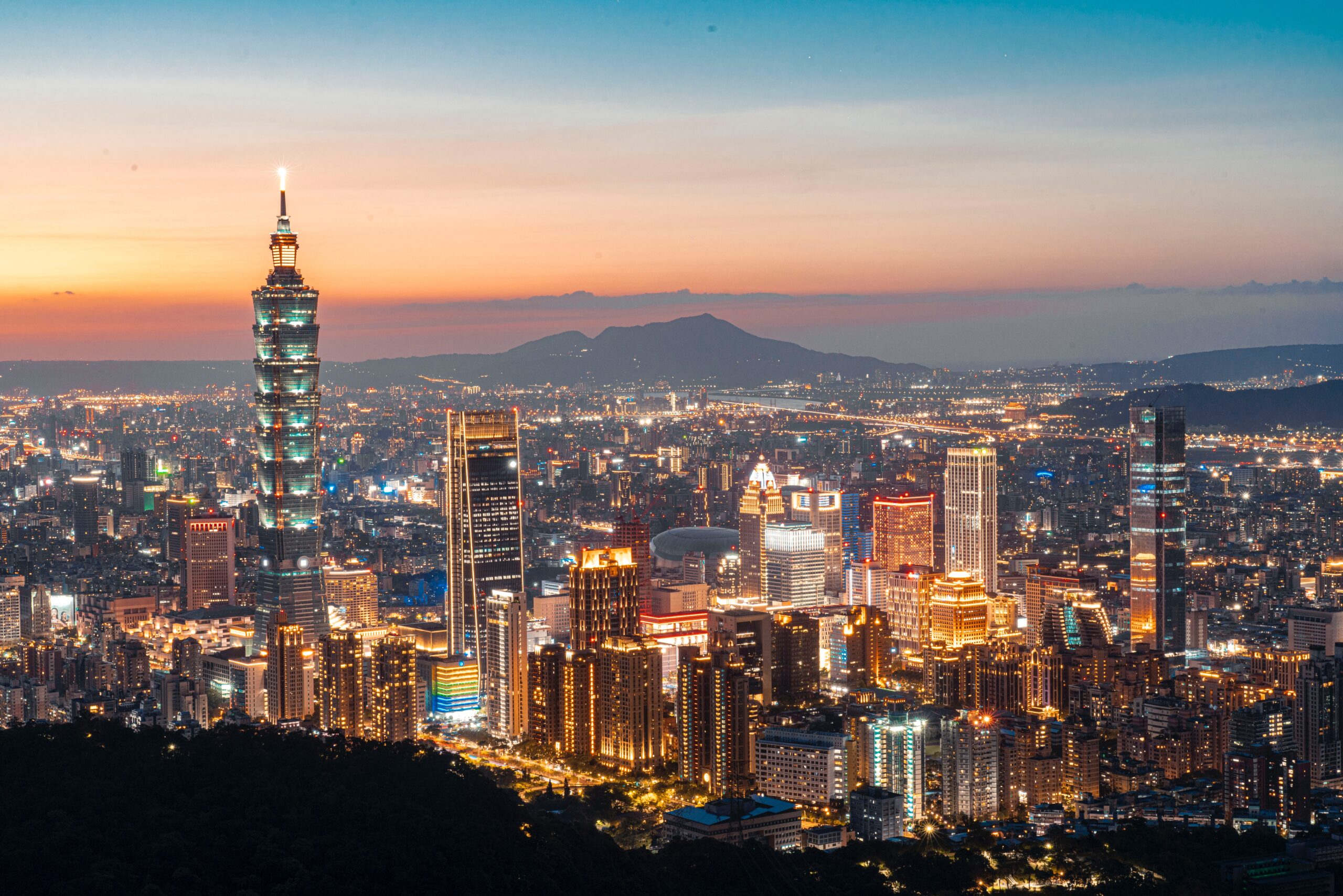
INTRO
Planning a trip? This takes time and preparation; not to mention finding time off work and other commitments.
But let’s say you knew you had upcoming free days in your schedule, or even at short notice (2-3 weeks away) for yourself or a group of friends and really wanted to make the most of it? They say variety is the spice of life and maybe a spontaneous holiday is just what you need to recharge amidst the daily grind that life is.
Thus, this blog will be your last minute, express guide to successfully booking and going on a quick domestic or overseas vacation at short notice.
This example will be for an international trip. I will take you through a rough guide to plan your quick getaway using my recent Taiwan trip as an example.
SOME POINTS BEFORE WE CONTINUE
- This article is tailored for people who are travelling solo or in small groups, have a flexible schedule and have time off
- This article is not for large groups (5 or more people), families or people travelling with small kids. There are certainly people who can make such situations work but for most, logistically it will be a nightmare
LAY THE GROUND WORK/LOOK AT FLIGHTS AND REQUIREMENTS
Although there is much to consider when booking a trip, these points take priority before anything else.
FLIGHTS:
Flights are the first thing you should look at after deciding your destination.
Websites like Skyscanner.com have inbuilt options allowing you to search flights based on which city destinations are cheapest. A juicy flight deal may even be the determining factor on where you end up going.
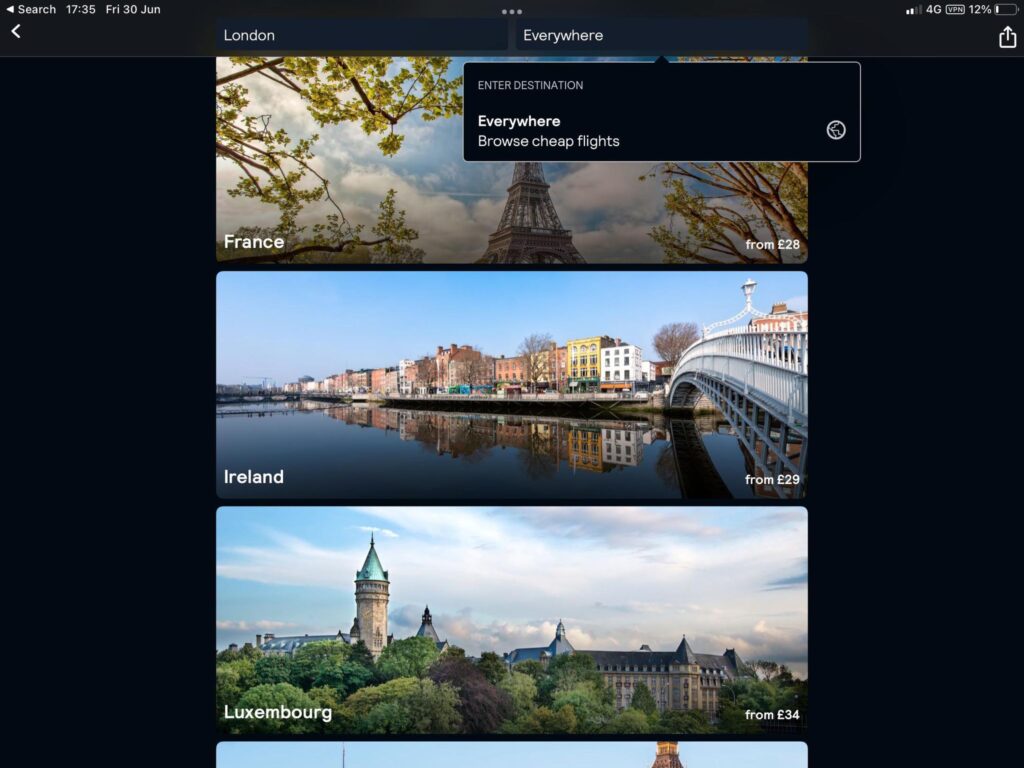
These days, there is a wide selection of airlines, particularly in Europe where budget airlines thrive and competition is fierce. The variable market allows you to book either cheaper or more expensive flight options, each with their benefits and drawbacks.
Cheaper flights (e.g. Cebu Pacific, Ryanair, Air Asia) typically run at less desirable times e.g. early morning/late night. They come with trade-offs like no on-board entertainment, smaller leg room and the need to pay for baggage and meals. Some of these airlines may also have a less reliable reputation than their costlier competitors.
The more expensive airlines are tailored towards comfort and reliability, with five star airlines being rated as the best in terms of these factors, as well as likely having more flexible travel options and the luxury of on-board meals and entertainment.
Your decision on which airline to go for comes down to what you prioritise, whether it’s budget or comfort and convenience.
ENTRY REQUIREMENTS:
Visa and entry requirements are subjective to the individual passport holder. For citizens of countries requiring a visa to enter, the process is not possible at short notice (unless visa on arrival) so either allocate time to wait for the visa or look at options which do not require a visa for your nation’s passport.
ACCOMMODATION:
Accommodation is highlighted here as it is worth looking at early for the sake of determining pricing and locations. This will be covered in greater detail in the accommodation section.

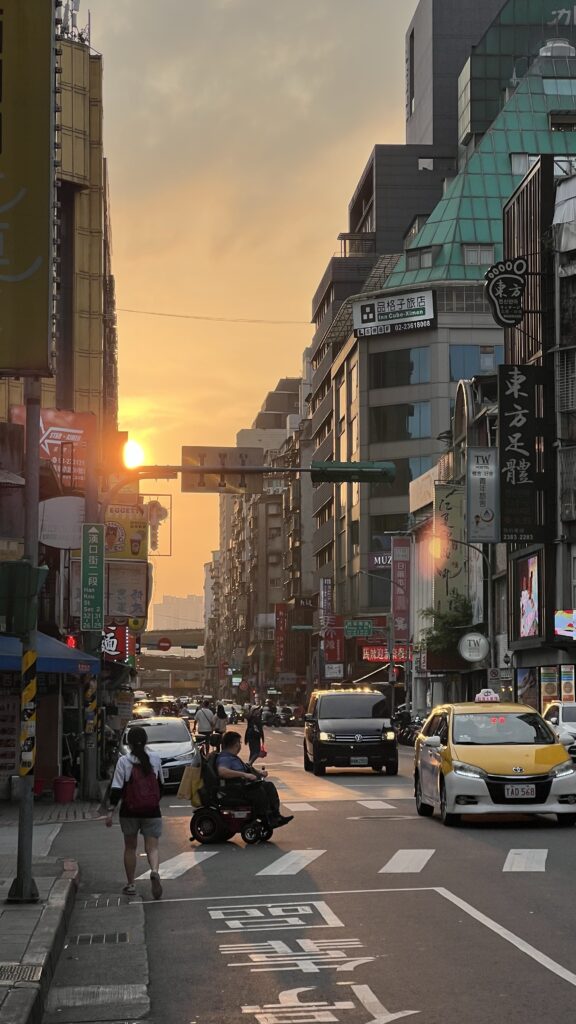
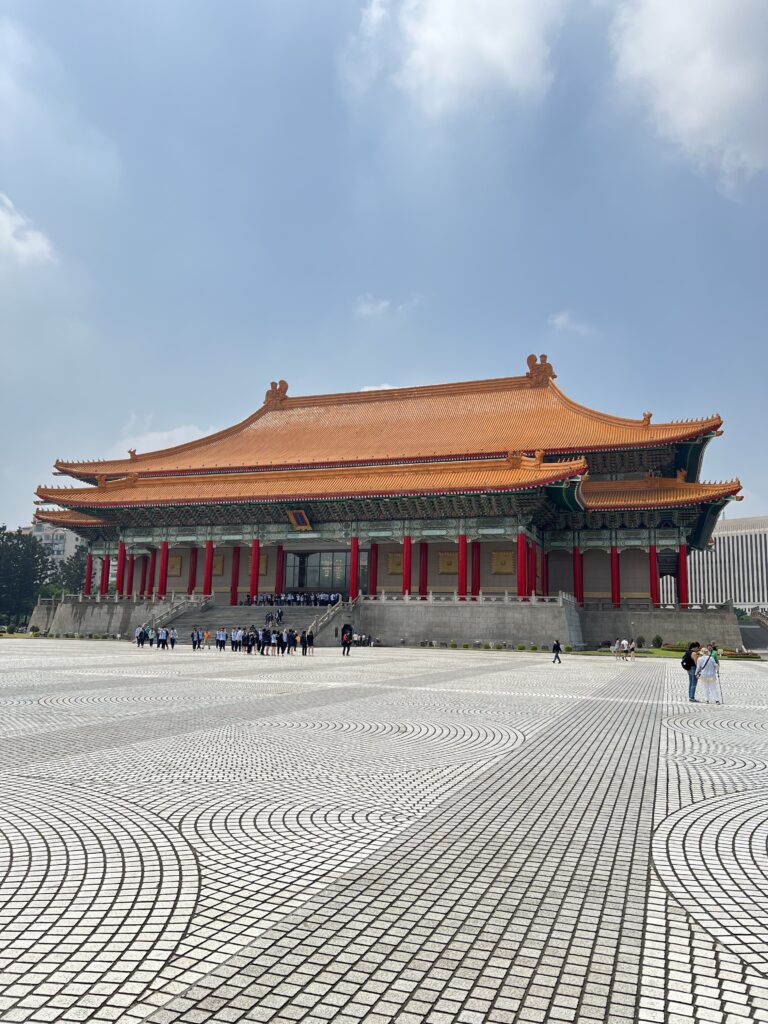
PLAN YOUR ITINERARY
Most people choose to visit a destination because there’s a particular place or attraction they want to see. However, if your trip is short notice, you may decide on a destination where you don’t have a good understanding of what there is to see.
If this is the case you can still opt to research and plan your own itinerary. But if you’re short on time and just want to cover the main sights, the simplest option is to google a ready-made itinerary and work with that. There are plenty of these on the internet offering variations of destinations ranging from day trip itineraries, to 3 days, to more than a week! Better still, you can mix and match these to your preferences.
On my Taiwan trip I did literally just that and have attached the website itinerary I used. I did not deviate from this on my trip and it allowed me to make the most of my short time in Taiwan with minimal research and planning.
Website here:
https://www.roadaffair.com/3-days-in-taipei-itinerary/
As you can see, the first day I went to see most of the main city attractions, the second day covered the remaining main attractions and a sunset view, and the third day was a day trip out of the city to a town called Jiufen, which was a refreshing break from the fast pace of Taipei and a peaceful way to end the trip.
Attached are more sample itineraries of other destinations, so you can see how easy they are to follow.
BOOKING ACCOMMODATION
When it comes to booking accommodation you have a variety of options, from budget hotels and cheap private rooms, to five star hotels. It depends on your preference.
Hostels are a cheaper type of accommodation with a dorm-style layout. They offer anything from private rooms to shared rooms with up to 20 beds. Being the most budget-friendly option they are cheap and sufficient if you’re looking for nothing more than a bed for the night. They are great if you’re travelling alone and there are widespread female-only dorm options for those who would prefer this for safety and security.
Pros:
- Cheap, commonly located in city centres
- Sociable environment and easy to meet people if travelling solo
- Easy to join tours and activities which hostels almost always host
Cons:
- Lack of privacy
- Sharing dorms with strangers (potentially noisy, potential for stolen items if the establishment does not have lockers)
- Curfews and time limits
Hotels and private rooms are another option. The main benefits here are privacy, safety and the luxury of added amenities. Hotels will have their own bathroom and many have additional services and amenities (e.g. pool/spa, gyms, room service). There are not many cons to hotels other than the higher rates they charge.
Hostelworld.com and Booking.com are commonly used websites to book each option.
Ultimately when it comes to the hostel vs private room debate, this depends on your preference and budget. However, it there are enough of you it’s probably best to get a shared private room.
ACCOMMODATION CONSIDERATIONS
LOCATION:
Location is an often underestimated, but important factor when booking accommodation. The location you choose could be significant in determining your ease getting around, so it’s worth looking for a place near popular attractions or good transport links which will pay off with its convenience. When you are already potentially stressed and exhausted after an early flight or after a long day exploring the city. Small considerations like this can make a big difference.
REVIEWS:
The reputation a place holds is not to be overlooked. The reviews of guests who have previously stayed at the accommodation is valuable for you in determining how well the place fits your needs. Looking at reviews is another useful tool that can aid in your decision on choosing a suitable place for your trip, and help you to avoid red flags.
SECURITY:
It is unfortunately true that we don’t live in a perfect world and depending on your destination, the safety of an area is another potential consideration when you book your accommodation. Many tourist cities, as beautiful as they are, have a reputation for pick pockets and thieves. As well as exercising care to be street smart, inform yourself on the reputation of certain areas before going. This may help you to avoid less safe areas and potential trouble if it is a concern for you.
PRICE:
This point, despite being discussed above with hostels vs hotels is still an important consideration. If travelling in a group, discuss among yourselves what price you’re willing to pay for your accommodation. More money doesn’t necessarily mean better but ideally, you want to find a place which is a balance of all of the above points, without being too far out of your budget.
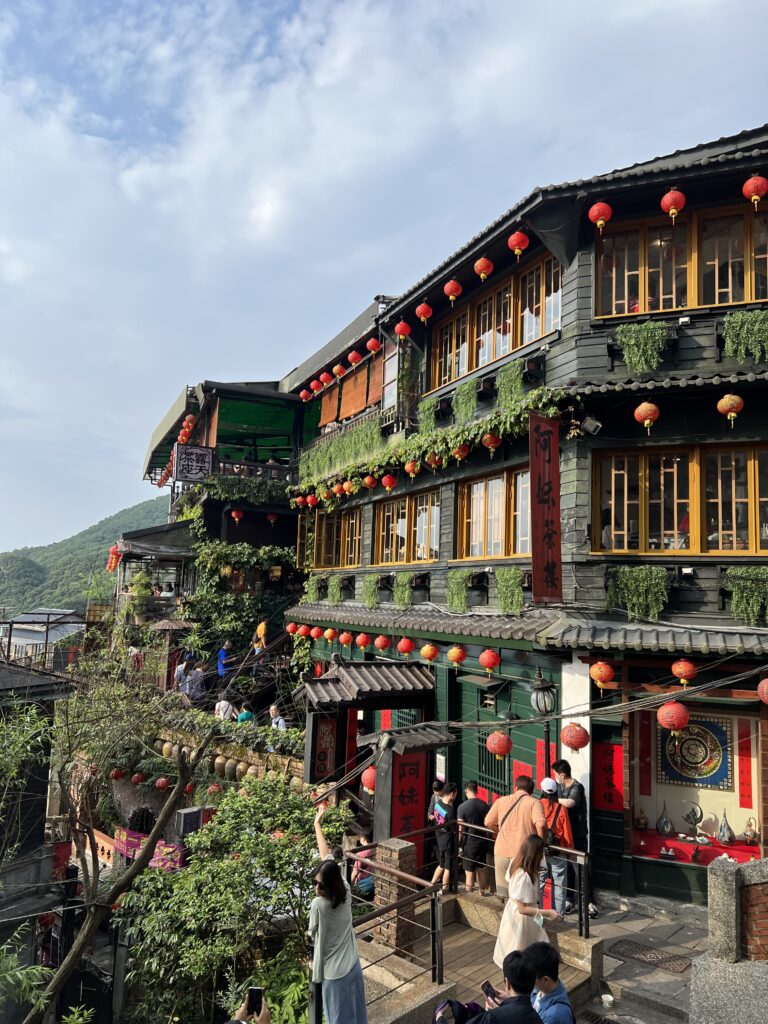
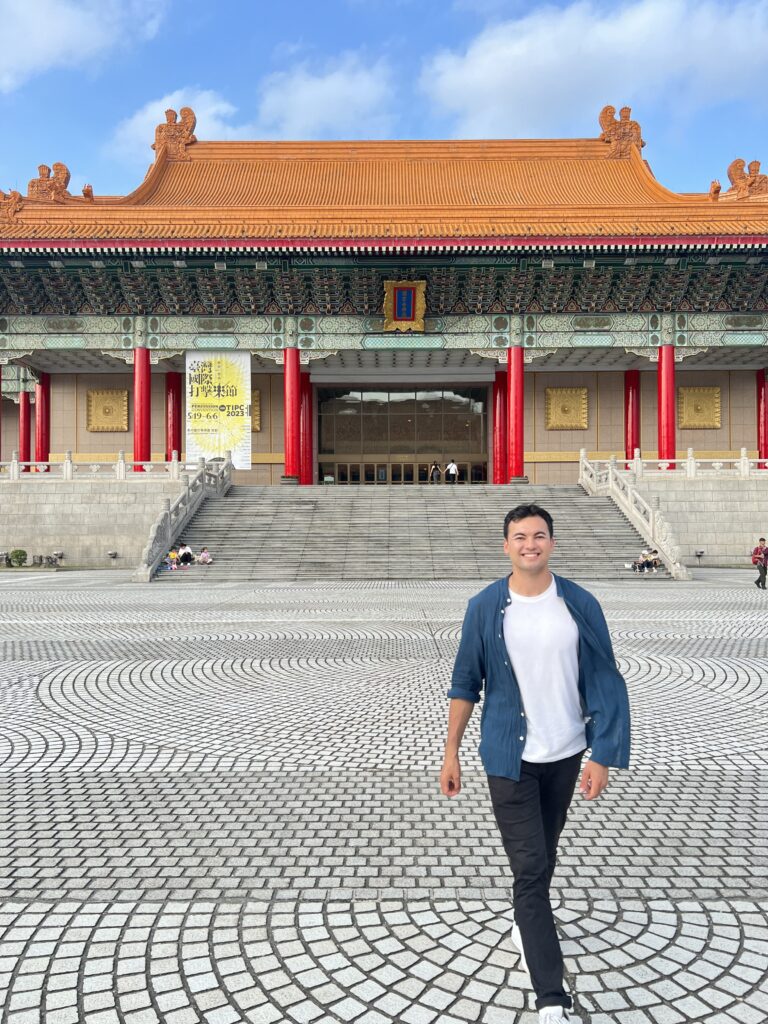
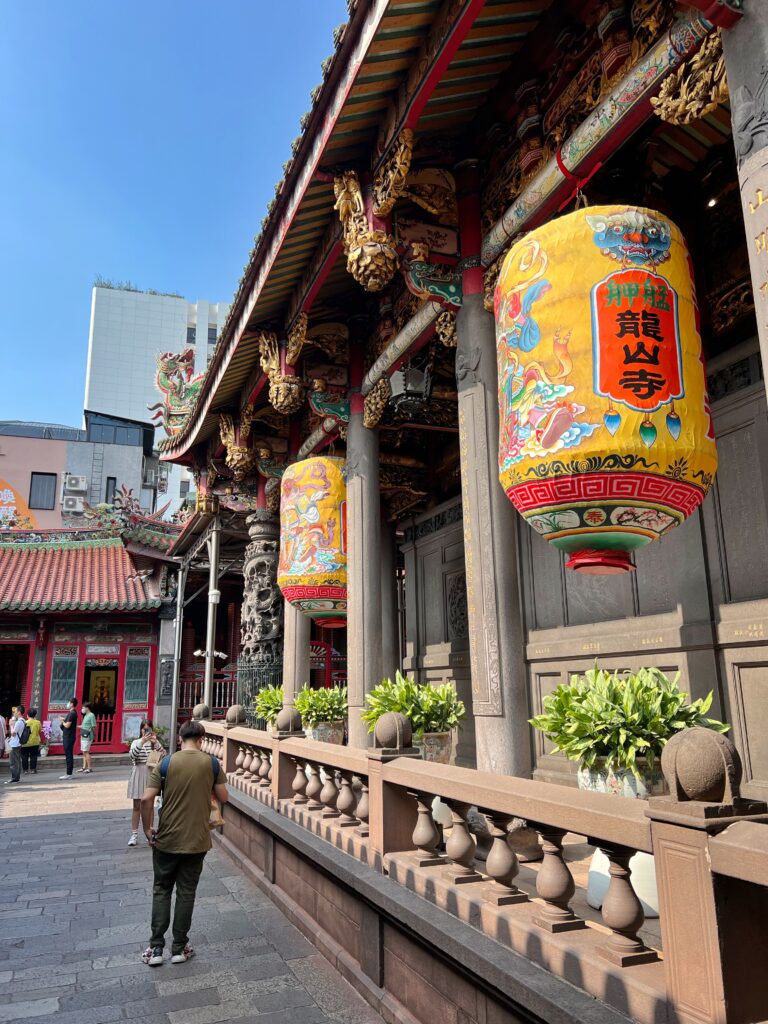
WHAT TO BRING
Deciding what to pack for your trip is subjective depending on activities you plan on doing, time of year and climate of the destination you’re travelling to.
I’ve put together a basic, sample packing list (tailored to a summer destination) to give you an idea of essentials. This list will change depending on where you’re visiting (e.g. visiting a European country in the winter requires rain jackets, warm clothes etc).
Packing list
Essentials
- Passport
- Foreign visa + vaccination card
- Boarding pass
- Wallet, bank cards and spare cash
- Driver’s license (if hiring a car)
- Keys
- Medications
Electronics
- Cellphone
- International adaptor
- Chargers for cellphone/electronics
- Power bank
- Camera/action cameras
- Headphones
Clothes
- 4-5 assorted shirts (or dresses)
- 3-4 pairs shorts/pants
- Jumper
- Sleeping clothes
- Enough socks and underwear for duration of trip
- 1-2 pairs of shoes depending on activities (e.g. hiking boots for hiking)
- Swimming clothes
Accessories
- Sunglasses
- Hat
- Packing cubes
- Book to read
- Travel guides
- Ear plugs and face eye mask
- Face mask (if destination or airport still mandates)
- Travel locks
Toiletries
- Tooth brush/tooth paste
- Travel soap
- Shampoo
- Sunscreen
- Deodorant
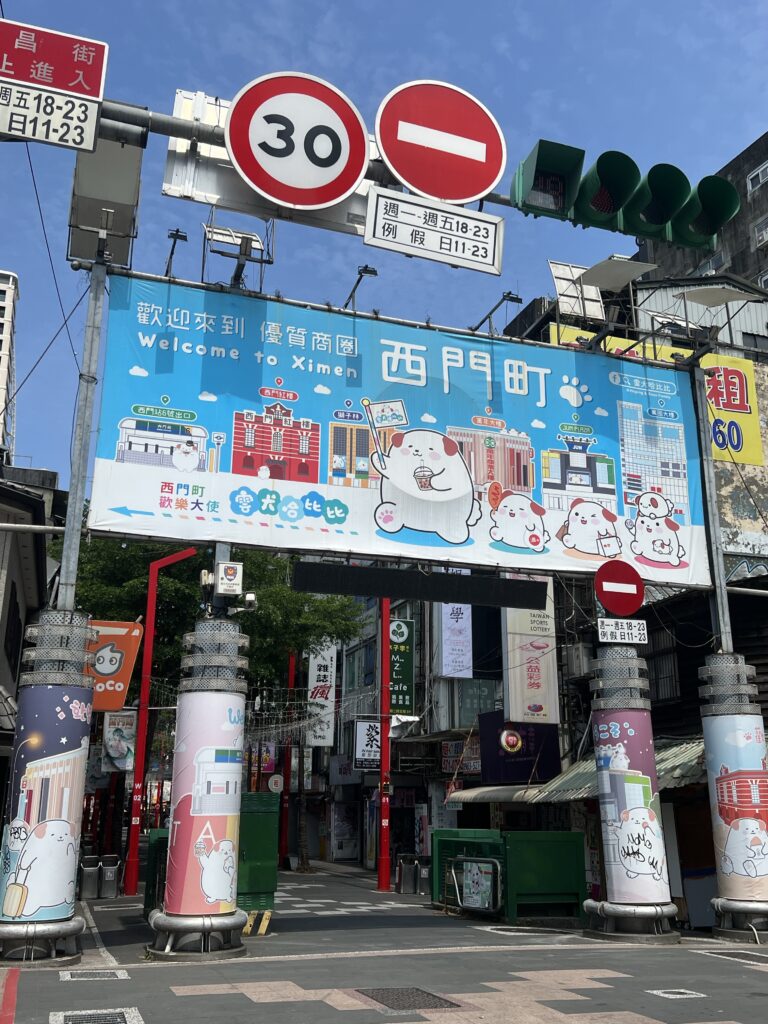
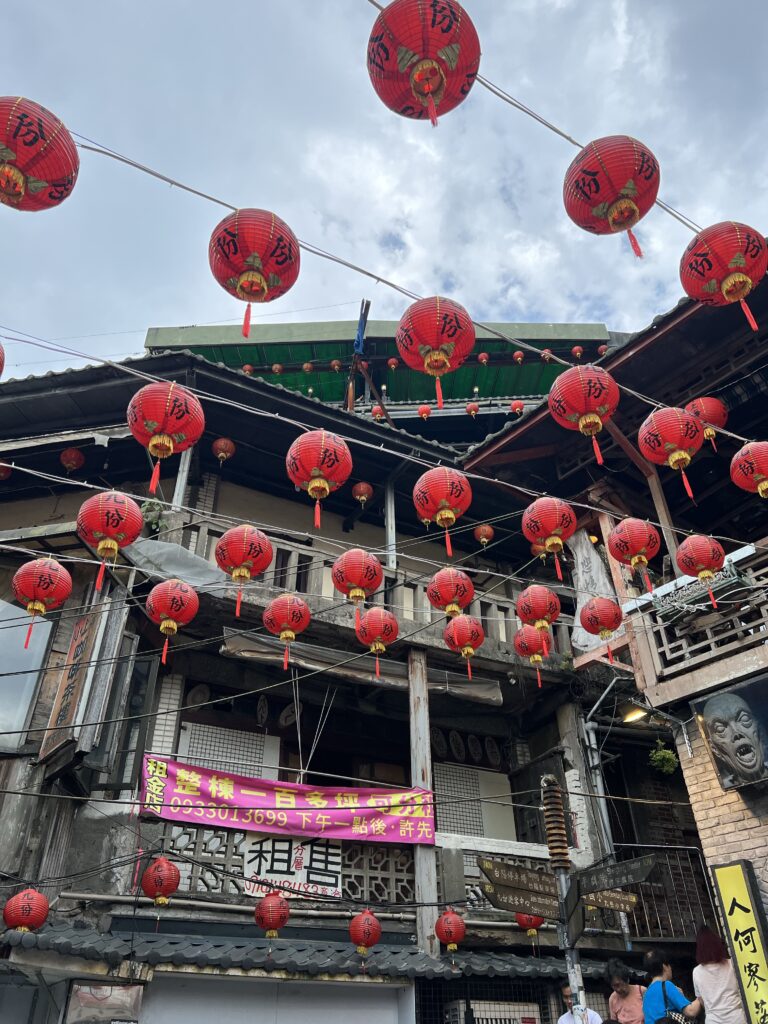
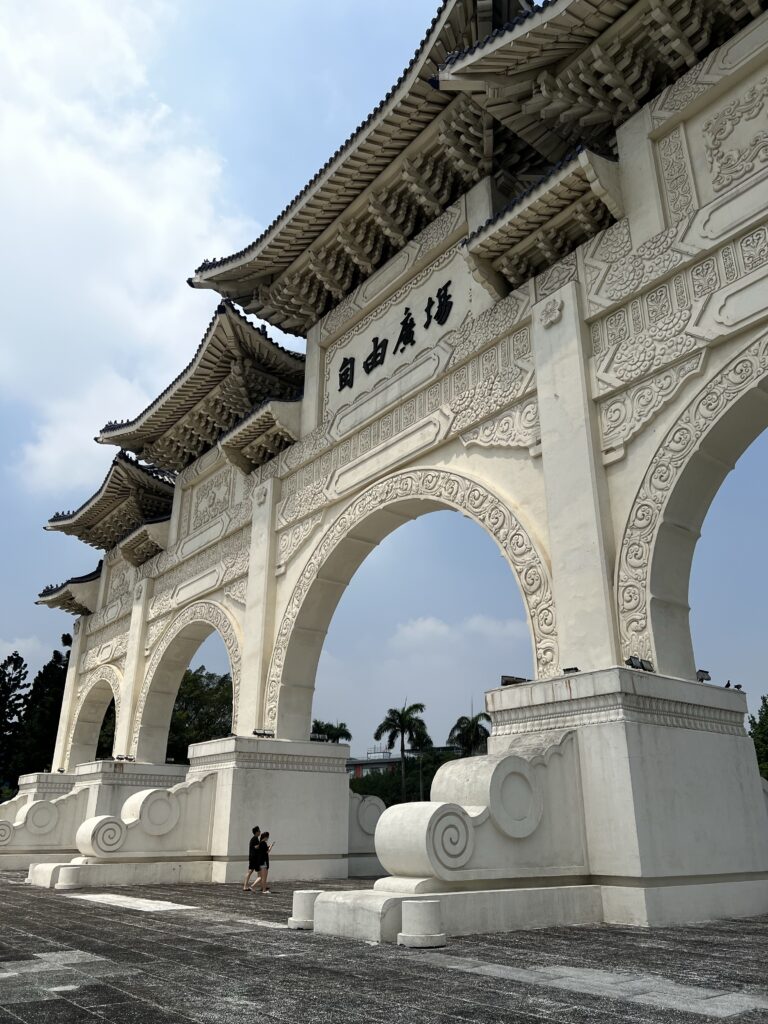
ON ARRIVAL
There are several considerations on arrival at your new destination if you want to hit the ground running and start seeing destinations straight away.
SIM CARDS
One of your priorities after you clear immigration in your arrival country is to get a local sim card if you’re not using roaming. This will give you internet access without having to depend on wifi, and allow you to call the friends in case you get split up. Prepaid sim cards are readily available in airport terminals once you clear immigration.
CURRENCY EXCHANGE
For currency exchange, the cheapest places to exchange are usually local bank branches in the country you’re travelling but it’s also smart to exchange a small amount of money into the local currency at the airport to get you started.
If possible, avoid Euronet and other private ATMs as they charge a higher commission.
Some countries have adopted a cashless society where you would not need to exchange cash. In Taiwan, although many places accept card, for parts of Taipei like the Shilin night markets you absolutely need to have cash.
Budget-wise, decide on a daily spending budget that suits you. This will give you an idea of how much money to exchange on your trip. If you run out, there are always local bank branches/other cash points to withdraw from.
If you are unsure on how much money you’ll need for your trip, you can google the average cost of living in the area you’re visiting to work out a baseline.
OBSERVATIONS TO NOTE ON THE FIRST DAY
- Familiarise yourself with public transport and the main metro lines/transport links running through the city. A public transport app like CityMapper will prove helpful with getting around.
- Learning basic survival phrases (e.g. hello, goodbye, how much does this cost) may be helpful if English is not commonly spoken in the country you’re visiting.
- Do as the locals do – observe the culture and customs of the local people. Watch how they greet each other, what the popular local cuisines are. If you can make some local friends who will teach you some cultural basics, that’s even better!
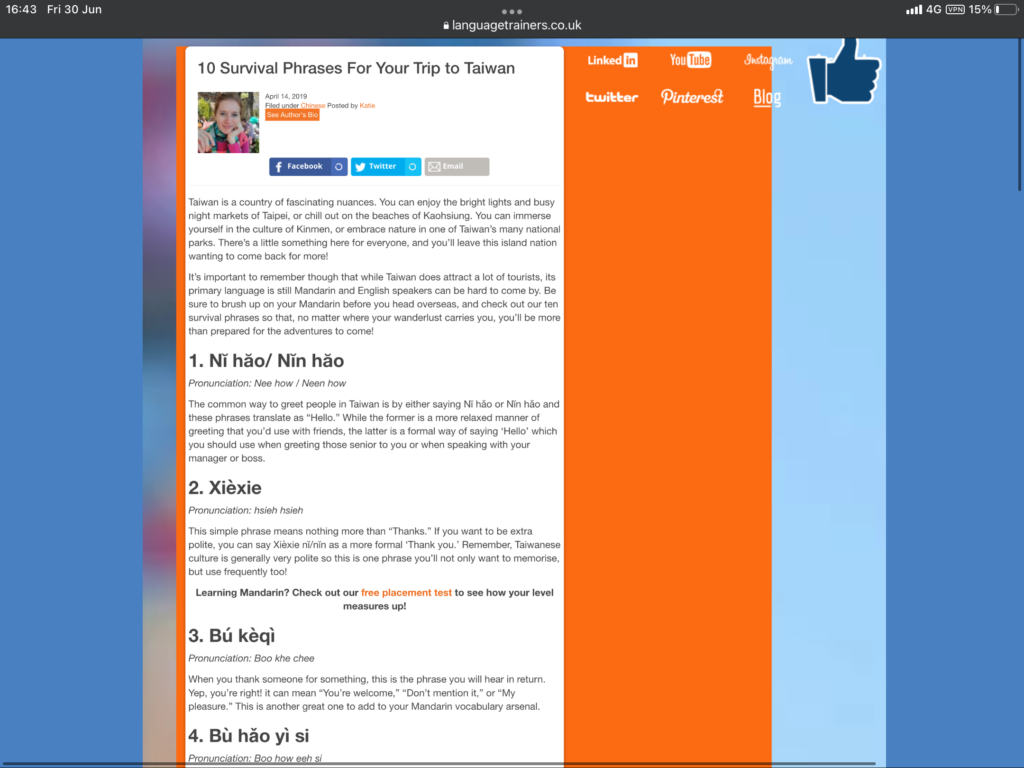
Tips & reminders
- Don’t forget to check the entry requirements/travel regulations of the nation you’re travelling to
- Remember to look at flights AND accommodation before booking. Once you’re happy with the prices/availability of your flights and accommodation, then you can book them simultaneously and start focusing on an itinerary and things to do
- Master the art of the carry-on – pack light if you can
- If staying in a hostel BRING AN EYE MASK AND EAR PLUGS
- Be street smart – keep your belongings with you and be informed and aware of potential scams and tourist traps
- Be familiar with and respect basic local customs of the place you’re visiting
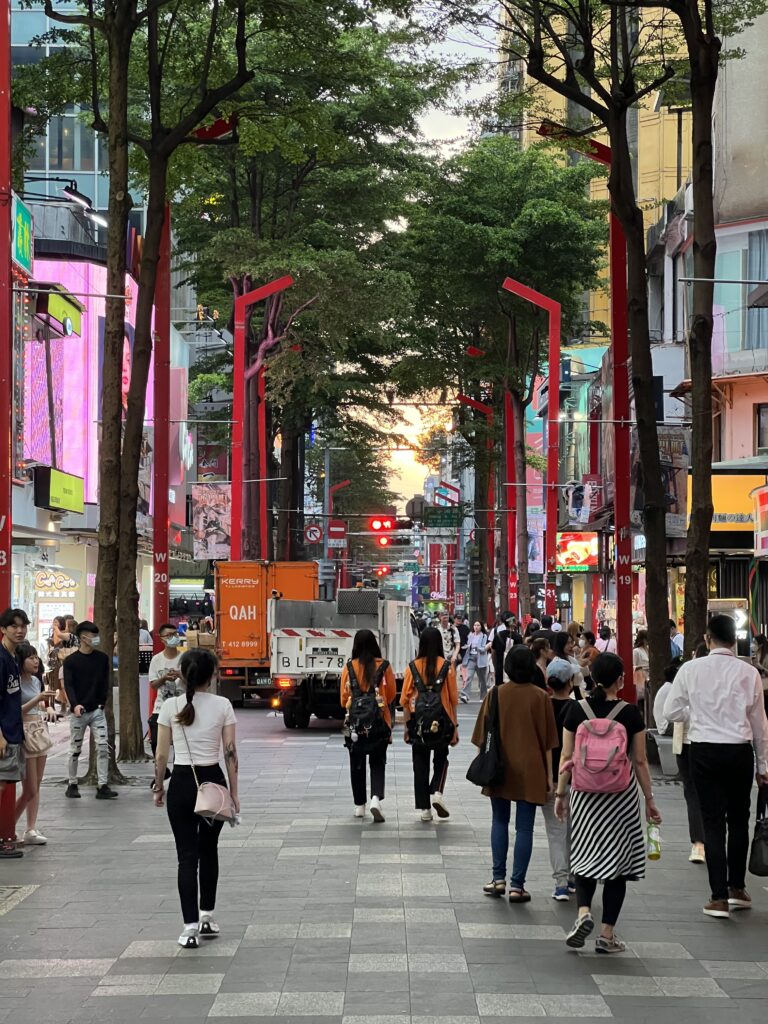
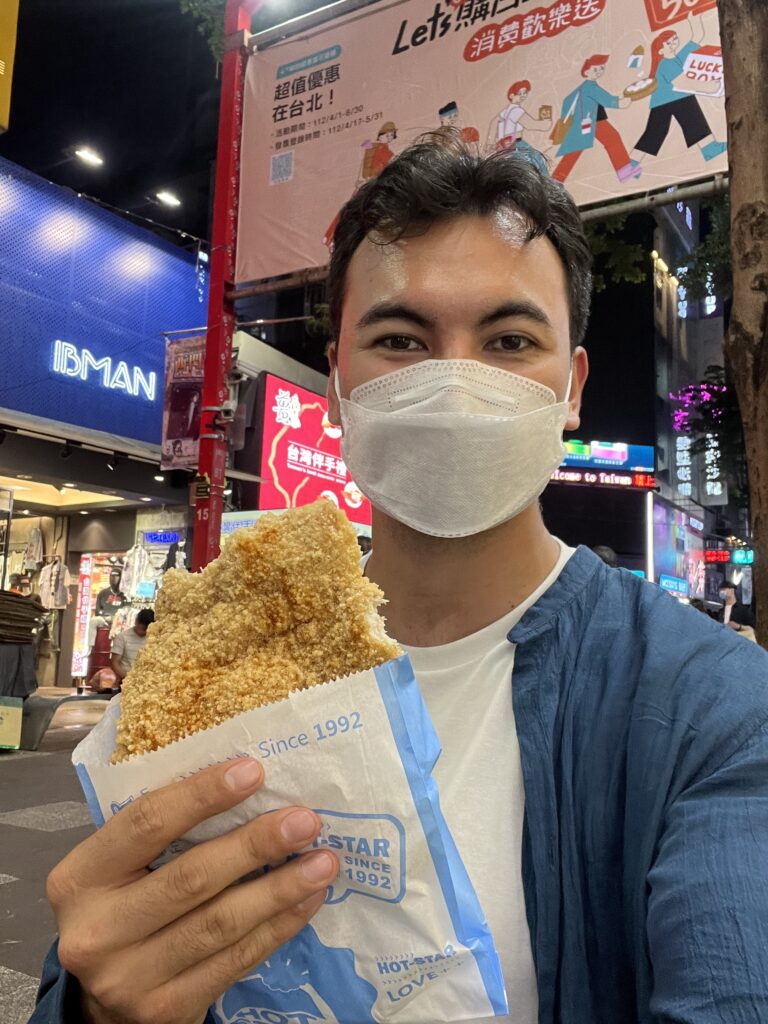
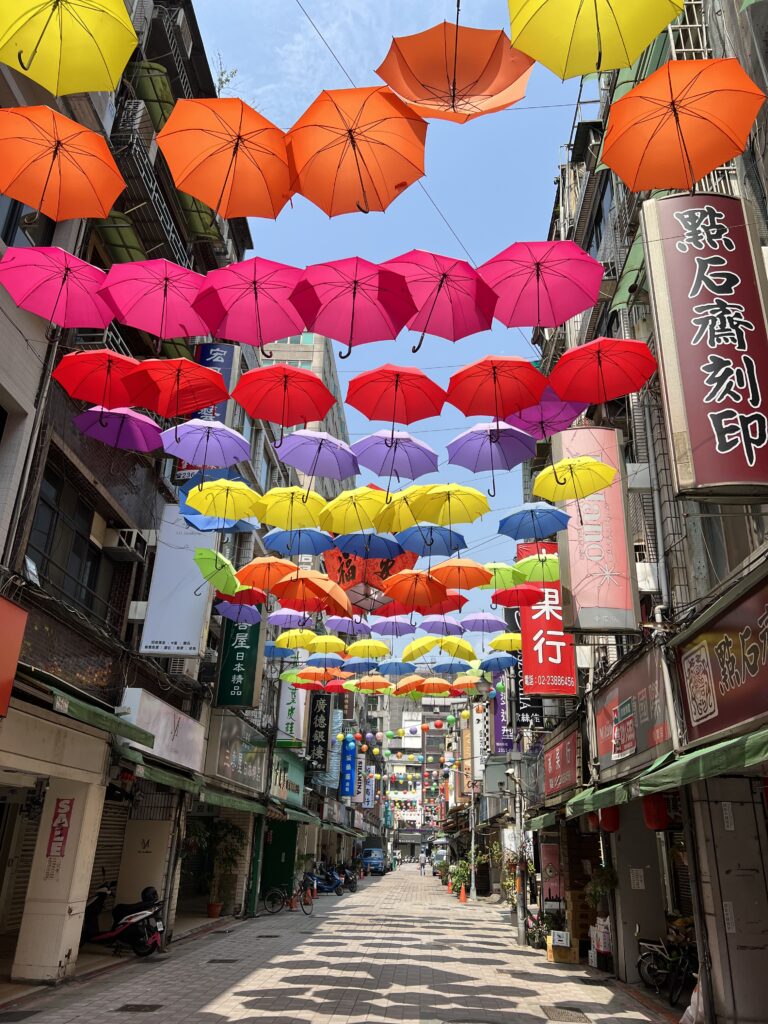
CONCLUSION
So there you have it, a guide on how to book a quick overseas trip if you have the time. This is not a fool-proof system. If you are booking a short notice trip, do your due diligence with hotel vacancies, immigration requirements and having an idea of sociopolitical/seasonal events occurring at the time (e.g. visiting Taiwan during Chinese New Year will be a busy and expensive time of the year).
Travelling can be stressful, particularly if it is a new and unfamiliar experience. But such experiences are what help you grow and develop a new perspective. Travelling is an investment in yourself and the more you do it, the easier it gets.
So with that being said; just breathe, take in the sights, and enjoy!
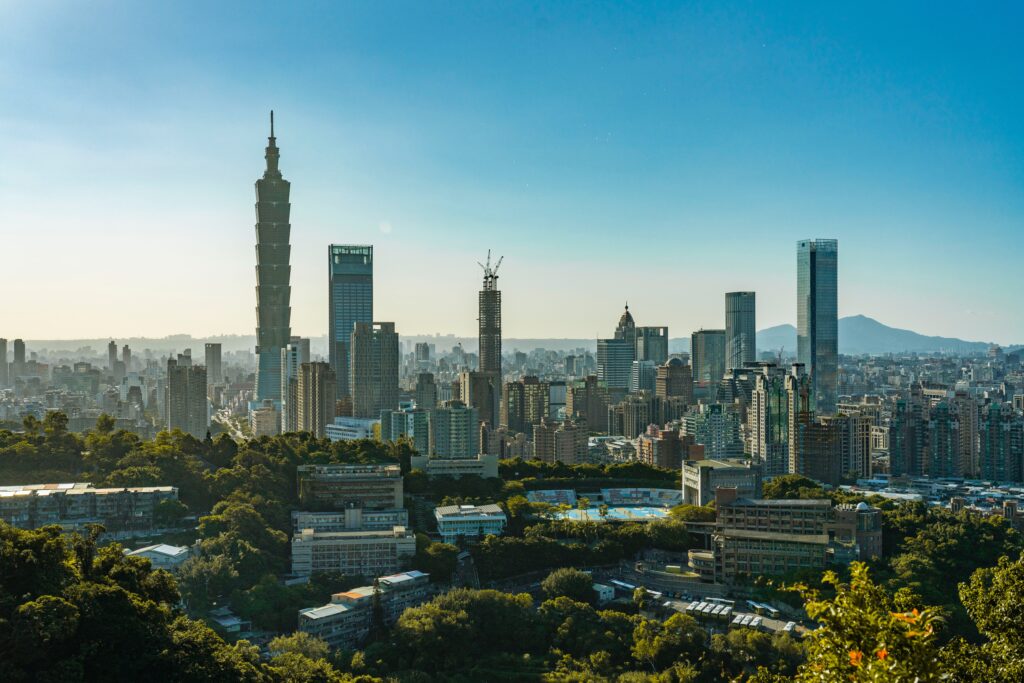
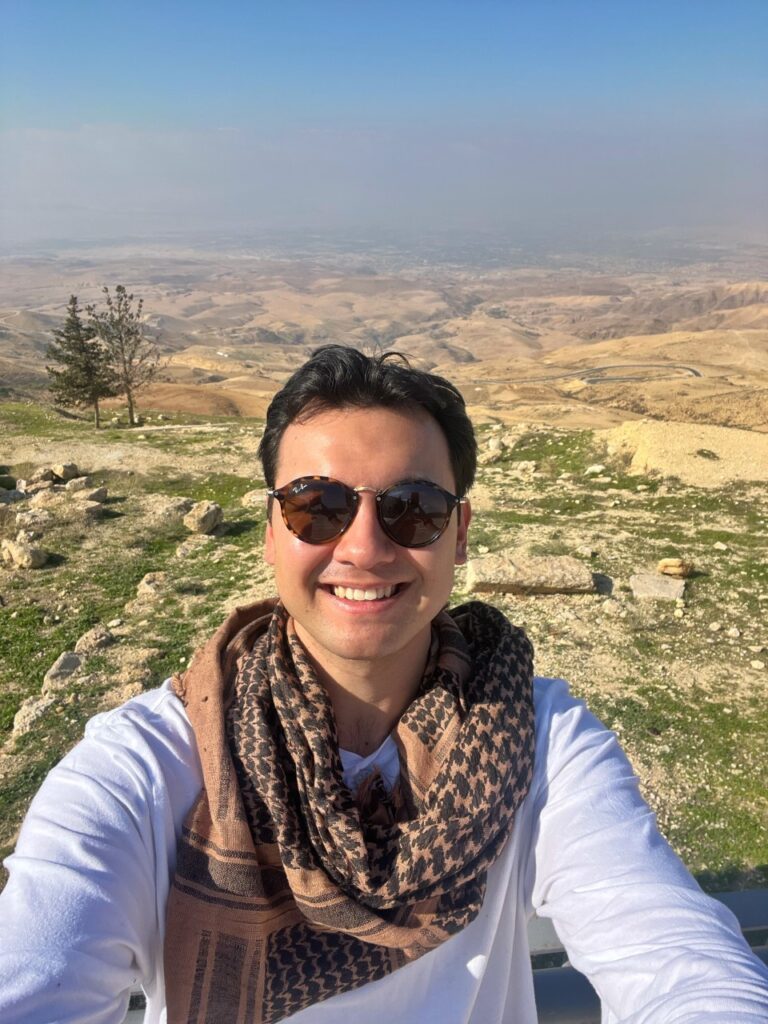
I’m Anthony, a twenty-something
year old who is originally from the Philippines/Australia. For the past three years, I have been living and working in the medical field in London. In my free time, I explore the world.
